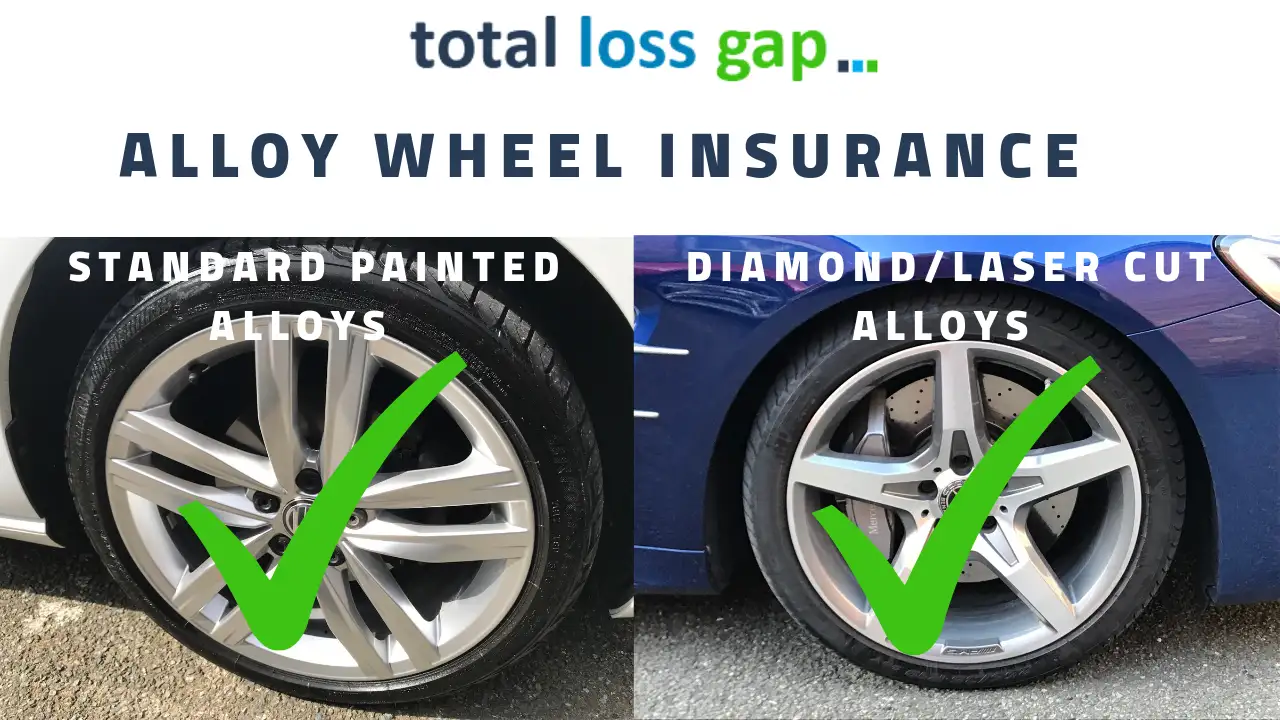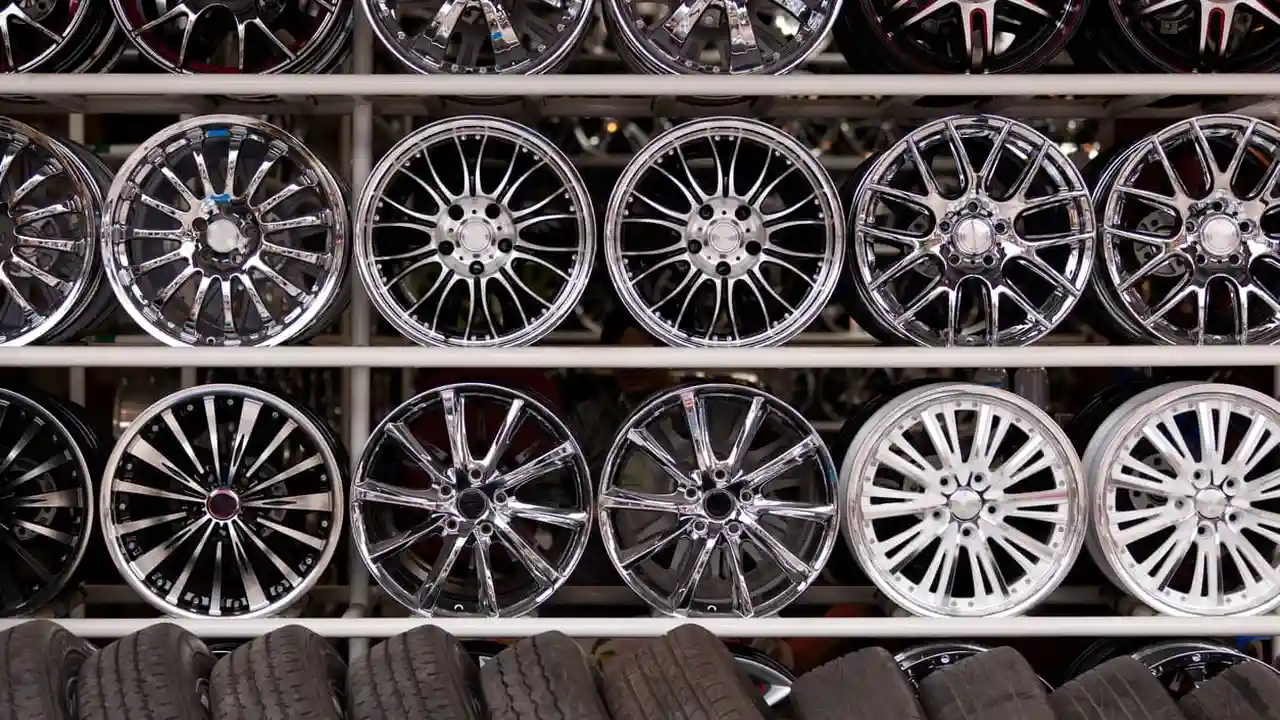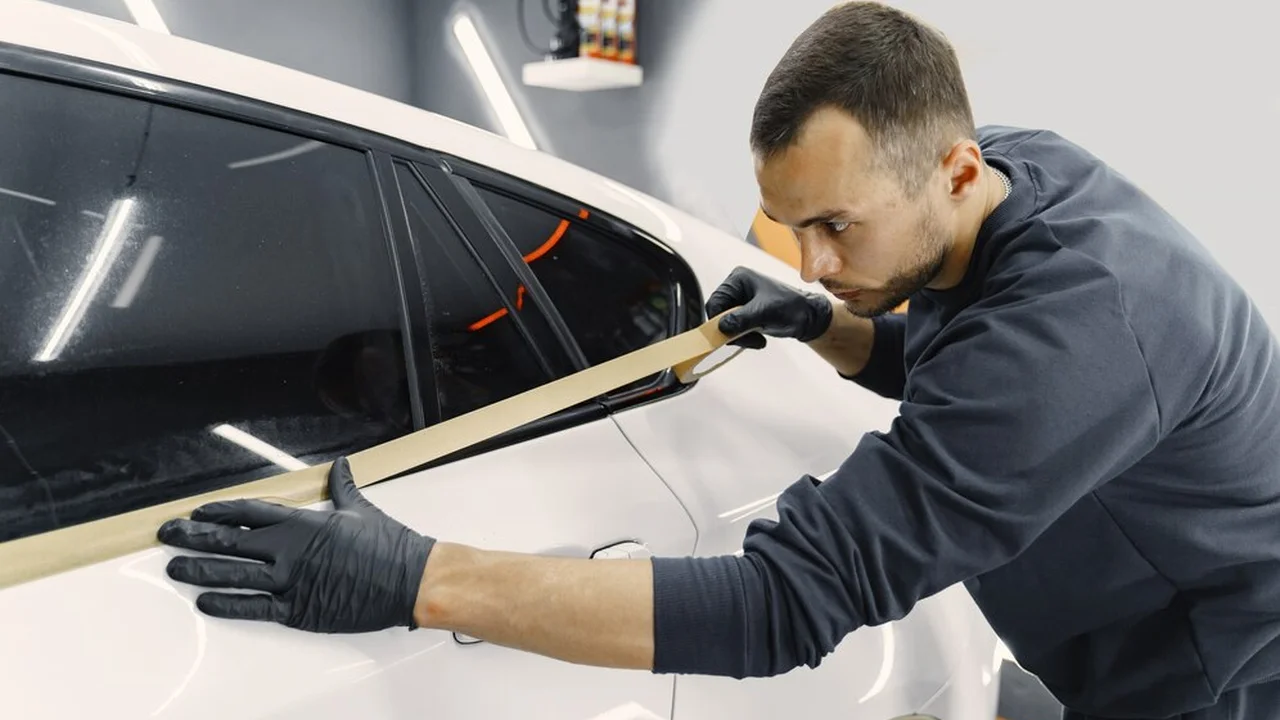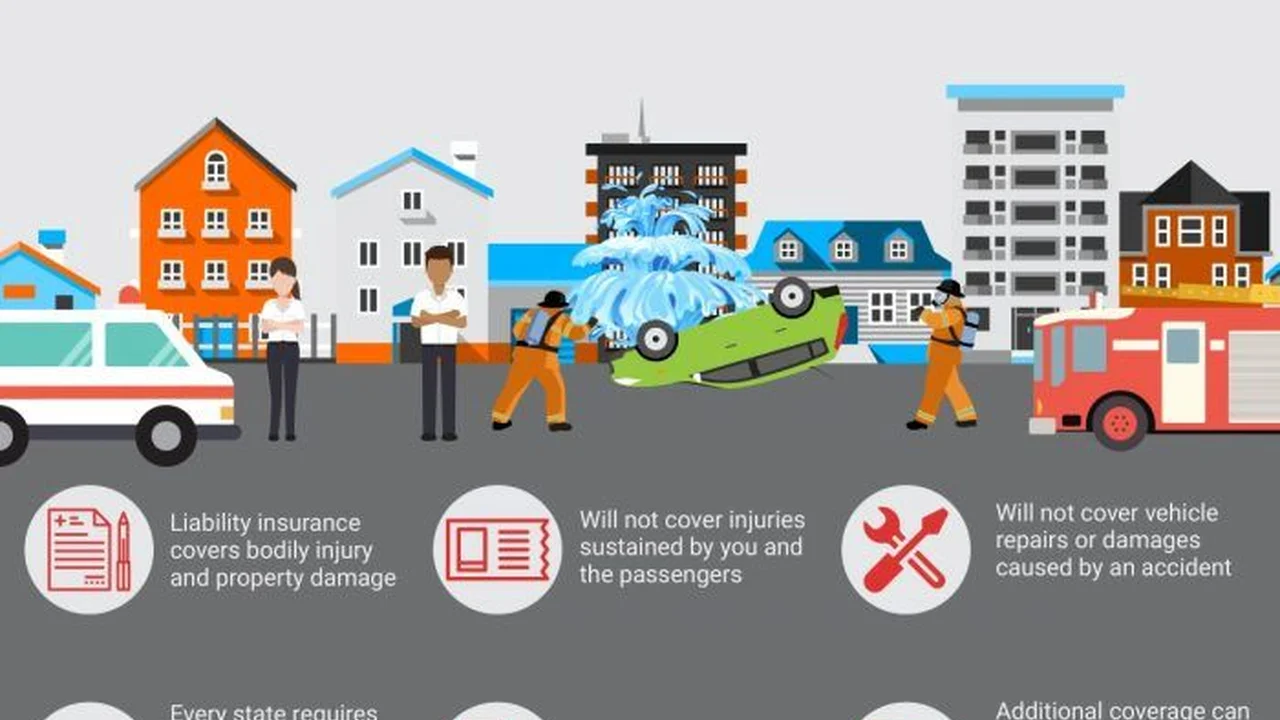Wheel Cost Breakdown: Factors Affecting Price
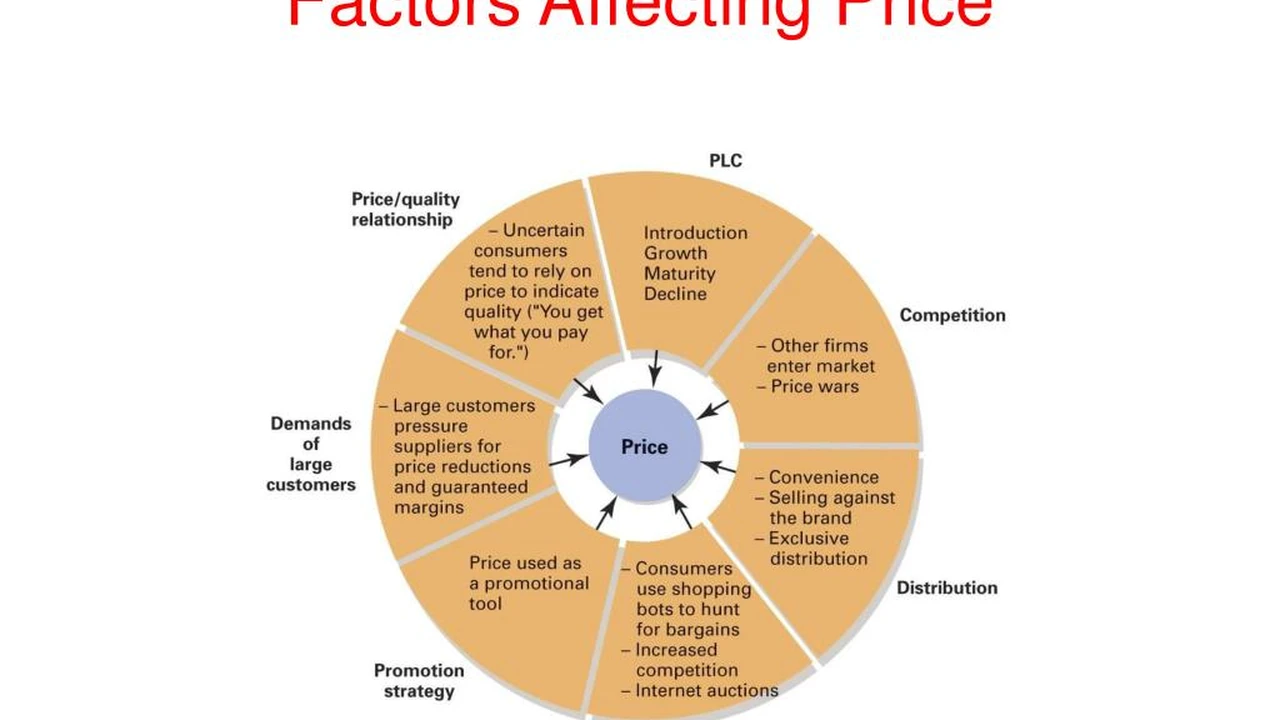
Upgrade your car's wheels? Awesome! But before you dive in, let's talk about the elephant in the room: cost. There's a *lot* that goes into pricing aftermarket wheels, and understanding those factors will help you budget smarter and avoid nasty surprises. This article dives deep into wheel cost breakdowns, helping you plan effectively for a successful wheel upgrade. This is also your meta description.
Understanding the Core Wheel Material Cost: Aluminum vs Steel vs Carbon Fiber
First things first, the material your wheels are made of plays a HUGE role in the final price. Let's break down the most common options:
- Steel Wheels: These are your budget-friendly option. Steel is strong and durable, making it great for everyday driving and even some off-roading. They're also easy to repair if bent. However, they're heavy, which can negatively impact your car's performance and fuel economy. Think of them as the workhorse of the wheel world.
- Aluminum Alloy Wheels: This is where things get interesting. Aluminum alloy wheels are lighter than steel, improving handling, acceleration, and braking. They also come in a wider range of designs, so you can really customize your car's look. However, they're more expensive than steel and can be more prone to damage from impacts.
- Forged Aluminum Wheels: Forged wheels are made from a single block of aluminum that's pressed into shape under extreme pressure. This process makes them incredibly strong and lightweight, perfect for performance cars and serious enthusiasts. They're the priciest option, but you get what you pay for in terms of performance and durability.
- Carbon Fiber Wheels: These are the holy grail of wheels – incredibly lightweight, incredibly strong, and incredibly expensive. Carbon fiber wheels are typically found on high-end sports cars and race cars. They offer the ultimate in performance but are very delicate and easily damaged. Unless you're tracking your car regularly and have deep pockets, carbon fiber might be overkill.
Price Range Examples (per wheel):
- Steel: $50 - $150
- Aluminum Alloy (Cast): $100 - $500
- Aluminum Alloy (Forged): $500 - $2000+
- Carbon Fiber: $2000 - $5000+
Decoding Wheel Size and Diameter Costs: Larger Wheels Mean Higher Prices
Size matters! The diameter and width of your wheels will also affect the price. Generally, the larger the wheel, the more expensive it will be. This is because larger wheels require more material and more complex manufacturing processes. Also, consider tire costs, as larger wheels require more expensive tires.
For example, a 17-inch alloy wheel will typically be cheaper than a 20-inch alloy wheel of the same style and brand.
Pro Tip: Check your car's owner's manual or use an online wheel fitment guide to determine the correct wheel size for your vehicle. Going too big or too small can negatively impact handling, ride quality, and even damage your car.
Analyzing Wheel Brand Reputation and Design Complexity: Paying for Premium Features
Just like with anything else, brand reputation plays a role in wheel pricing. Established brands with a history of quality and performance often command higher prices. You're paying for their expertise, R&D, and reputation for durability.
Design complexity also affects the price. Intricate designs with lots of curves, spokes, or custom finishes will generally be more expensive than simpler, more straightforward designs.
Popular Wheel Brands and Their Price Point (per wheel, approximate):
- Enkei: $200 - $600 (Good value, sporty designs)
- OZ Racing: $300 - $800 (Performance-oriented, Italian style)
- BBS: $500 - $1500+ (High-end, German engineering, iconic designs)
- HRE Performance Wheels: $1000 - $5000+ (Ultra-premium, custom-made, forged wheels)
Dissecting Wheel Manufacturing Process Costs: Cast vs Forged vs Flow Formed
The way your wheels are made significantly impacts their strength, weight, and price. Here's a quick rundown:
- Cast Wheels: Molten aluminum is poured into a mold. This is the most common and affordable manufacturing process. Cast wheels are generally heavier and less strong than forged wheels.
- Forged Wheels: A solid block of aluminum is pressed into shape under extreme pressure. This process aligns the metal's grain structure, resulting in a stronger and lighter wheel. Forged wheels are more expensive but offer superior performance.
- Flow Formed Wheels (also called Flow Forged or Rotary Forged): This is a hybrid process that combines casting and forging. The wheel is initially cast, and then the barrel is spun and pressed to create a stronger and lighter structure. Flow formed wheels offer a good balance of performance and price.
Price Comparison (for similar designs and sizes):
- Cast: $100 - $300
- Flow Formed: $300 - $600
- Forged: $500+
Factoring in Wheel Finish and Coating Costs: From Paint to Chrome
The finish on your wheels not only affects their appearance but also their durability and price. Here are some common options:
- Painted Wheels: The most common and affordable finish. Painted wheels come in a wide range of colors and can be easily touched up. However, they're more prone to chipping and scratching.
- Powder Coated Wheels: A durable and long-lasting finish that's applied electrostatically. Powder coating is more resistant to chipping and scratching than paint.
- Chrome Wheels: A shiny and reflective finish that's achieved by electroplating. Chrome wheels are eye-catching but require regular cleaning and maintenance to prevent corrosion.
- Machined Wheels: A finish that exposes the raw aluminum, creating a unique and industrial look. Machined wheels are often clear-coated to protect the metal.
Estimated Cost Additions (per wheel, on top of the base wheel price):
- Painted: $50 - $100
- Powder Coated: $80 - $150
- Chrome: $150 - $300+
Considering Installation Costs: DIY vs Professional Installation
Don't forget about installation costs! You can save money by installing the wheels yourself, but you'll need the right tools and knowledge. A professional installation will ensure that the wheels are properly mounted and balanced, which is crucial for safety and performance.
DIY Installation:
- Pros: Saves money.
- Cons: Requires tools, knowledge, and time. Risk of improper installation.
Professional Installation:
- Pros: Ensures proper installation. Saves time and effort.
- Cons: More expensive.
Average Professional Installation Cost: $25 - $50 per wheel (including mounting and balancing).
Including Additional Costs: TPMS Sensors, Lug Nuts, and Adapters
There are a few other costs to consider when upgrading your wheels:
- TPMS Sensors (Tire Pressure Monitoring System): If your car has TPMS, you'll need to either transfer your existing sensors to the new wheels or purchase new ones. New TPMS sensors can cost $30 - $100 per sensor.
- Lug Nuts: You may need new lug nuts if your new wheels have a different lug nut seat. Lug nut sets typically cost $20 - $50.
- Wheel Adapters: If your new wheels have a different bolt pattern than your car, you'll need wheel adapters. Wheel adapters can cost $50 - $150 per adapter.
Real-World Wheel Upgrade Cost Examples: Different Cars, Different Budgets
Let's look at some hypothetical scenarios to illustrate how these factors can affect the final cost:
Scenario 1: Budget-Friendly Upgrade for a Honda Civic
- Wheels: 16-inch cast aluminum wheels ($150/wheel) = $600
- Tires: All-season tires ($100/tire) = $400
- Installation: Professional installation ($30/wheel) = $120
- TPMS Sensors: Reuse existing sensors = $0
- Lug Nuts: New lug nuts ($30) = $30
- Total Cost: $1150
Scenario 2: Performance Upgrade for a Subaru WRX
- Wheels: 18-inch flow formed wheels ($400/wheel) = $1600
- Tires: Performance tires ($150/tire) = $600
- Installation: Professional installation ($40/wheel) = $160
- TPMS Sensors: New TPMS sensors ($50/sensor) = $200
- Lug Nuts: New lug nuts ($40) = $40
- Total Cost: $2600
Scenario 3: Premium Upgrade for a BMW M3
- Wheels: 19-inch forged aluminum wheels ($1000/wheel) = $4000
- Tires: High-performance tires ($200/tire) = $800
- Installation: Professional installation ($50/wheel) = $200
- TPMS Sensors: New TPMS sensors ($80/sensor) = $320
- Lug Nuts: New lug nuts ($50) = $50
- Total Cost: $5370
Product Recommendations: Top Wheel Choices Across Different Budgets
Okay, let's get specific! Here are a few wheel recommendations across different price points, considering performance, style, and value:
- Enkei RPF1 (Budget-Friendly Performance): These are a classic choice for a reason. They're lightweight, strong, and relatively affordable. Perfect for track days or spirited driving. Expect to pay around $250-$350 per wheel. Great for Honda Civics, Miatas, and other small, sporty cars.
- Konig Hypergram (Style and Value): Konig offers a wide range of stylish wheels at a reasonable price. The Hypergram is a popular choice with its flow-formed construction and aggressive design. Expect to pay around $200-$400 per wheel. Suitable for a variety of vehicles from sedans to coupes.
- OZ Racing Ultraleggera (Mid-Range Performance): Italian design and performance come together in the Ultraleggera. These wheels are lightweight and strong, making them a great upgrade for European cars. Expect to pay around $400-$600 per wheel. A popular choice for BMWs, Audis, and Volkswagens.
- BBS LM (High-End Classic): The BBS LM is an iconic wheel design that's been around for decades. These forged wheels are incredibly strong and lightweight, and they look amazing on a wide range of cars. Be prepared to spend $800-$1500+ per wheel. Often seen on Porsches, Mercedes-Benz, and other high-end vehicles.
- HRE P101 (Ultra-Premium Custom): If you want the best of the best, look no further than HRE. Their P101 wheels are custom-made to your exact specifications, offering unparalleled performance and style. These wheels can easily cost $2000+ per wheel. Reserved for high-performance sports cars and luxury vehicles.
Remember to always check the wheel's load rating to ensure it's appropriate for your vehicle!
Understanding Wheel Warranty and Return Policies: Protecting Your Investment
Before you buy, be sure to check the wheel's warranty and return policy. A good warranty will protect you against manufacturing defects. A flexible return policy will allow you to return the wheels if they don't fit properly or if you're not satisfied with their appearance.
Key Questions to Ask:
- What is the warranty period?
- What does the warranty cover?
- What is the return policy?
- Are there any restocking fees?
By understanding these factors, you can plan your budget effectively and choose the perfect wheels for your car. Happy wheel hunting!
:max_bytes(150000):strip_icc()/277019-baked-pork-chops-with-cream-of-mushroom-soup-DDMFS-beauty-4x3-BG-7505-5762b731cf30447d9cbbbbbf387beafa.jpg)



